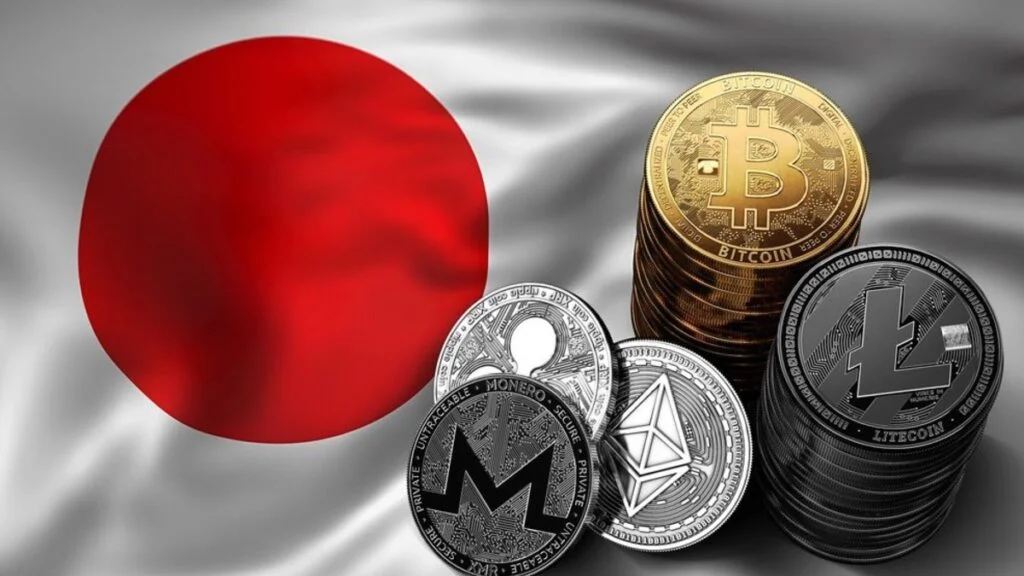The Japanese cabinet has approved the addition of cryptocurrencies to the list of assets that local investment limited partnerships (LP) firms are permitted to purchase or keep.

The Ministry of Economy, Trade, and Industry declared on February 16 that VCs involved in cryptocurrency now have greater regulatory certainty. The objective of the modification is to fortify the strategic investment climate and offer improved assistance to regional startups and mid-sized businesses.
A significant shift in the country’s policies has occurred with the modification to the Act on Strengthening Industrial Competitiveness, which permits venture capital firms to participate in enterprises that only issue cryptocurrency directly.
The founder and CEO of Gumi Inc., a Japanese game production company with gumi Cryptos Capital, a blockchain investment fund, Hiro Kunimitsu, emphasized the importance of this development.
He noted that until now, venture capitalists in other countries had to provide money for cryptocurrency startups in Japan, which took a lot of work. The growing web3 startup environment in Japan should see significant prospects as a result of Japanese venture capitalists becoming able to invest in cryptocurrency assets.
This action is a component of the “new capitalism” agenda of Prime Minister Fumio Kishida, which calls for Japan to develop its web3 sector aggressively.
This action follows the cabinet’s acceptance of a tax regime change in December. Companies may not be required to pay taxes on unrealized cryptocurrency gains as a result of this amendment.
Concurrently, the Industrial Competitiveness Enhancement Act was revised and enacted earlier to stimulate the industry’s investment and new business creation.
This aligns with Japan’s larger plan to strengthen the nation’s economic engines, which focuses on assistance for startups and medium-sized businesses.
This bill modification, which is currently being discussed in the legislative body, has a big influence on how venture capital works in Japan’s web3 space and can serve as a model for other countries.
Furthermore, this decision’s timing is especially notable because it was made just after the Financial Services Agency (FSA), Japan’s primary financial regulator, suggested steps to shield consumers from unauthorized transfers, including ones involving cryptocurrency.
The National Policing Agency (NPA) and the Financial Services Agency (FSA) are therefore advising banks to strengthen user protection protocols. Both agencies are taking a number of steps to achieve this, including requiring banks to step up their monitoring of questionable transactions that go toward bitcoin exchange providers.
